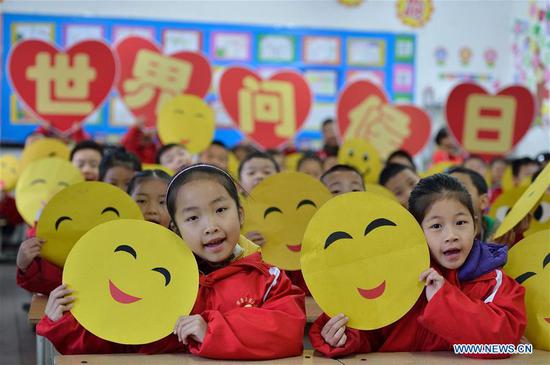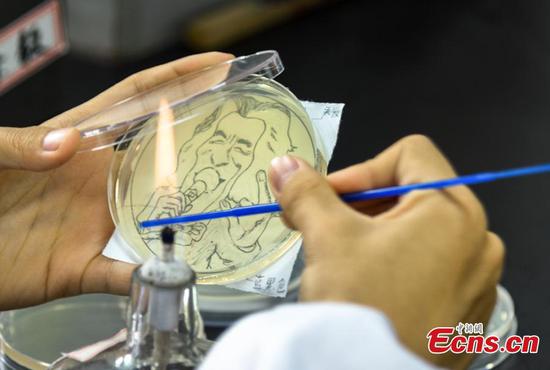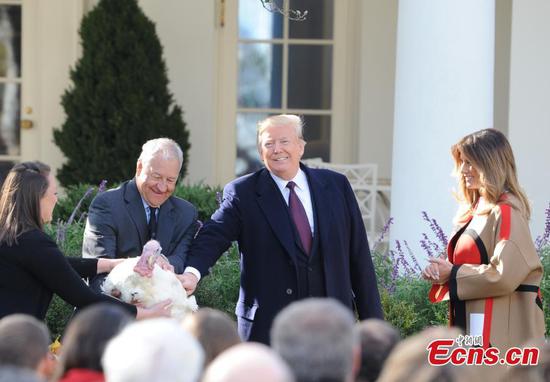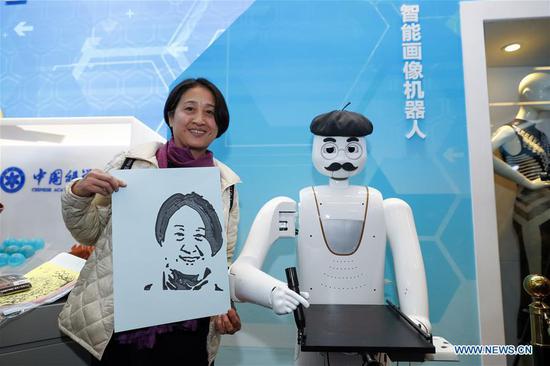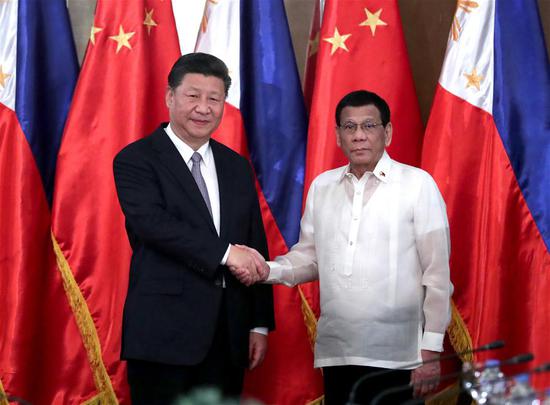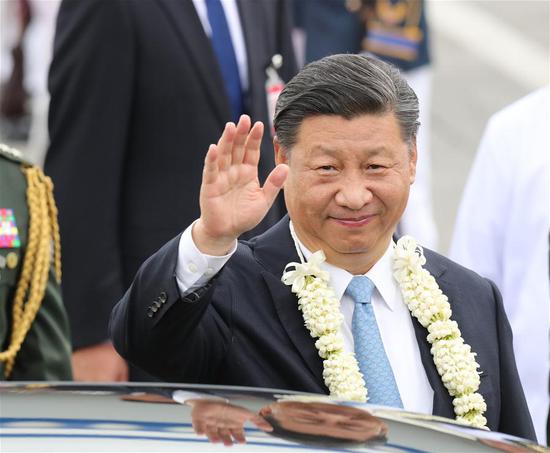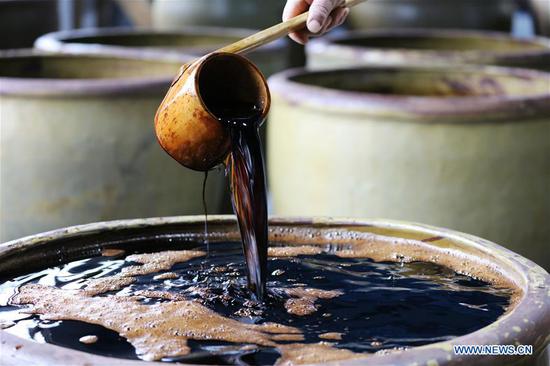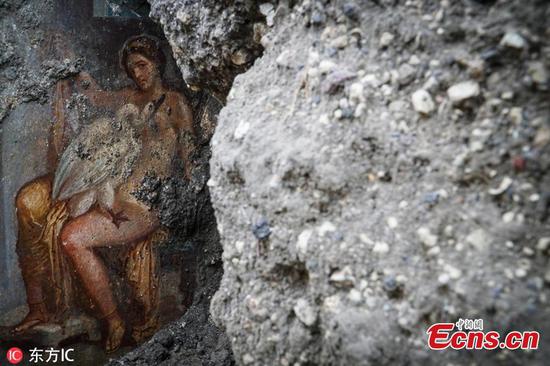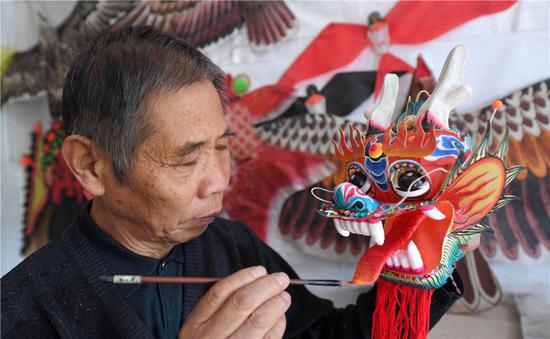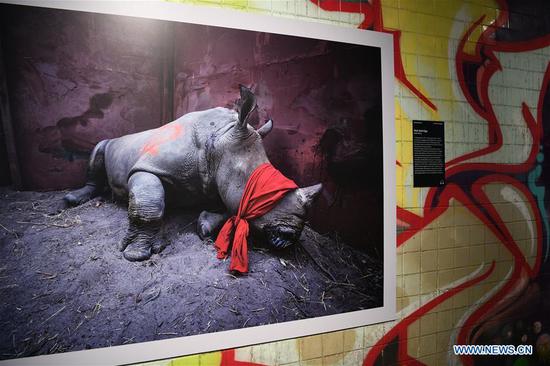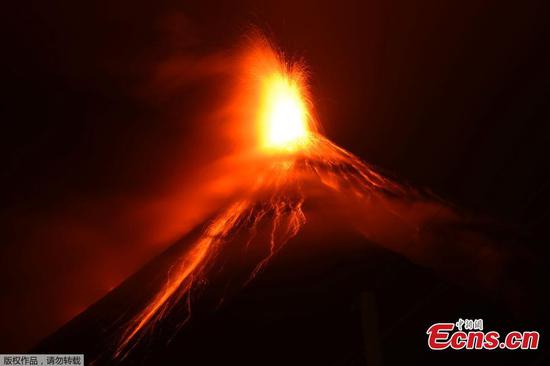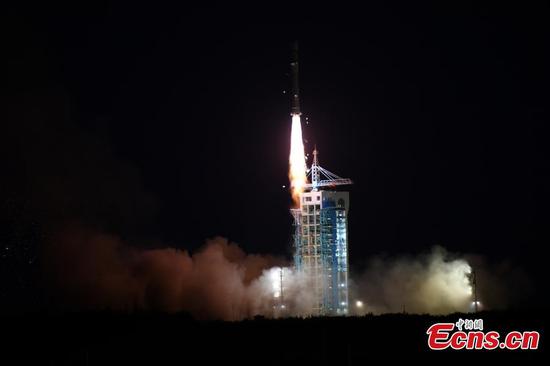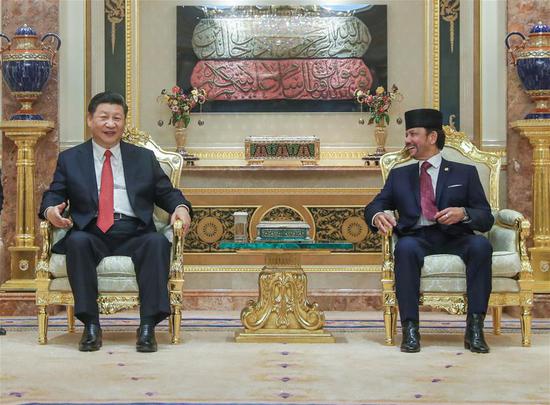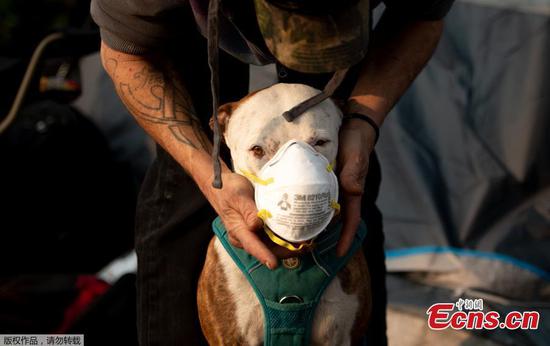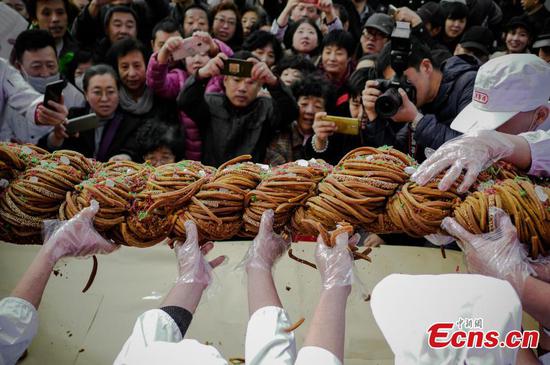Chinese companies need to have long-term preparations for deteriorating global trade but the ongoing trade war between the U.S. and China will not intimidate domestic firms, business representatives said.
At the beginning of the trade war, there were more uncertainties as people had no idea what would happen next, but now the situation has changed as market demand has been rebounding, Nan Cunhui, founder of electrical products manufacturer Chint Group, told a press conference held in Beijing on Wednesday.
"The trade war weighs significantly on the manufacturing sector, but we've been preparing to counter the detrimental effects," he said, noting that the U.S. launched anti-dumping and anti-subsidiary investigations into Chinese solar photovoltaic products six years ago, which already pushed Chint to shift its focus to other markets such as Germany and Thailand.
Some Chinese entrepreneurs have said they expect Chinese and U.S. leaders to make breakthroughs at the upcoming G20 meeting in Argentina, but they are not expecting an imminent end to the trade war.
"As an animal feed producer, we import a large amount of soybeans from the U.S. and we sincerely hope that there will be less friction. But we've been preparing for the worst scenarios," said Liu Yonghao, chairman of agribusiness company New Hope Group.
"If there's no agreement [at the G20 meeting], Chinese people will still eat meat and we'll produce it as usual," he said, noting that the company has already diversified its purchasing channels and is using new technologies to reduce its dependence on one specific raw material.
China's private sector contributes greatly to the country's GDP growth and the top leadership has recently stressed the importance of supporting private companies, many of which are having a hard time.
Since the beginning of this year, the economic downward pressure has become much more apparent, and some private firms have been struggling to get loans and maintain productivity.
"China-U.S. relations have become much more complicated these days. Sometimes positive signals have been sent out, but they soon disappeared," said Bai Ming, a research fellow at the Chinese Academy of International Trade and Economic Cooperation. "We should make judgments by looking at the essence of the relations, not by following signals," he said.
Top White House economic adviser Larry Kudlow said on Tuesday that he anticipated a direct confrontation between the U.S. and China over trade at the G20 meeting. The administration of President Donald Trump is seeking to expand export controls to counter China's rising tech sector, according to media reports.
Confidence is key
Chinese officials hold a cautious but positive view toward the upcoming G20 meeting, even though the U.S. appears to prefer a tough stance, said Huo Jianguo, vice chairman of the China Society for World Trade Organization Studies. There are unlikely to be any concrete results, he noted.
"While the 10 percent tariffs are manageable, 25 percent tariffs will exert much more pressure on Chinese companies in 2019," he said.
The Trump administration said in September that the tariffs would go into effect on September 24 at an initial rate of 10 percent, increasing to 25 percent from January 1, 2019.
Nan, the business representative, noted at the conference that there will be an impact from the trade war next year. "Strengthening confidence is very important for businesses… and companies need to upgrade their products and services while exploring new markets," he said.
There have been calls to improve the business environment for the private sector.
"Policymakers have to take concrete measures now, in light of the prolonged trade war. For instance, further reducing taxes and fees should be one of the top priorities," Huo said.
"Although China is facing downward pressure in its economy, its opening-up policy has gradually taken effect. As time passes, China will have less difficulties, while the U.S. will find itself in a harder situation," former vice commerce minister Wei Jianguo told the Global Times on Wednesday.









